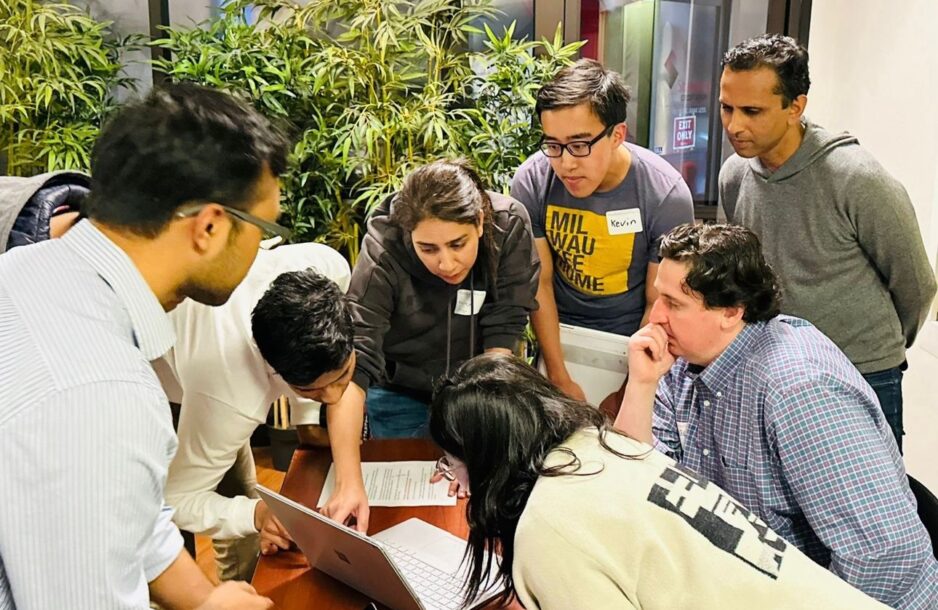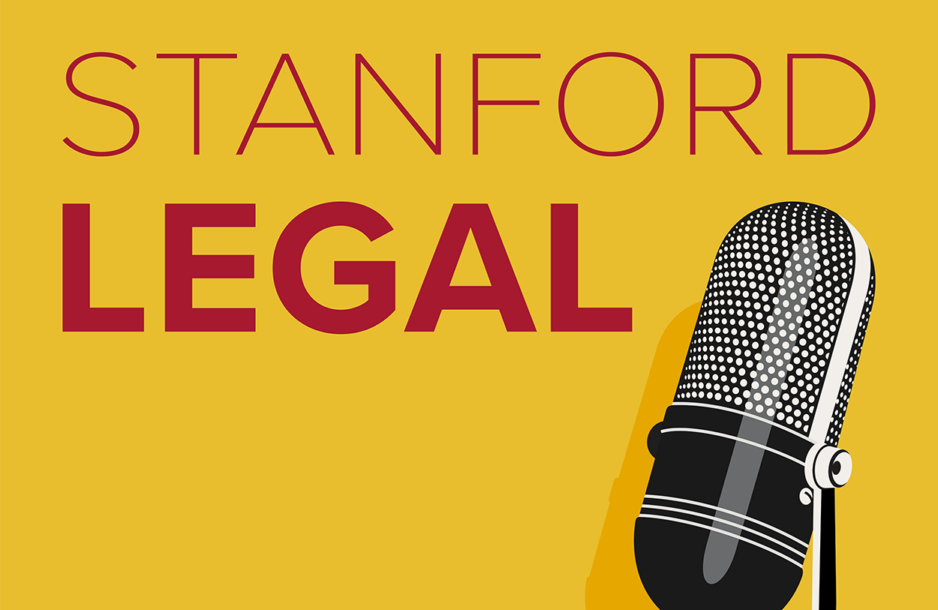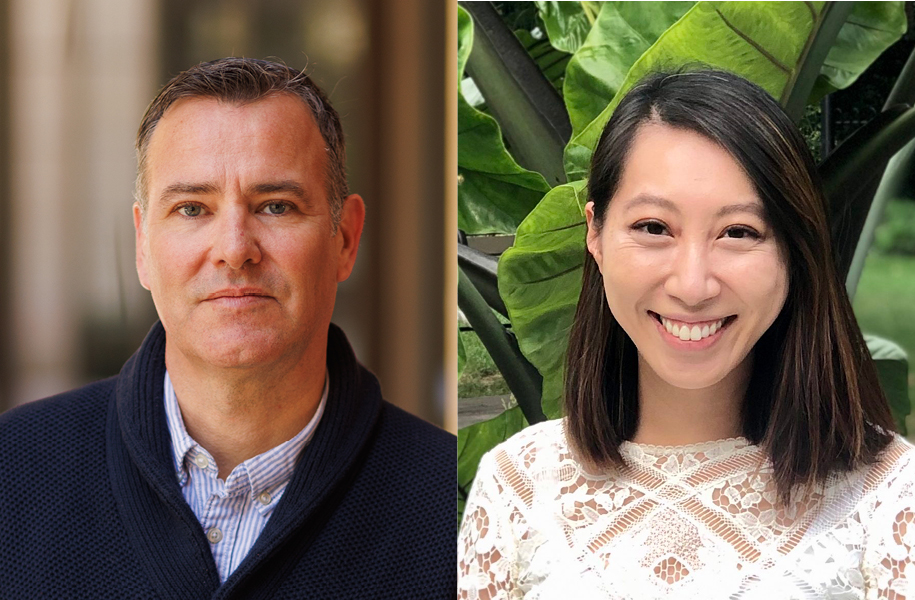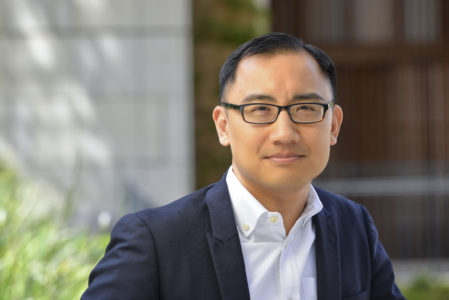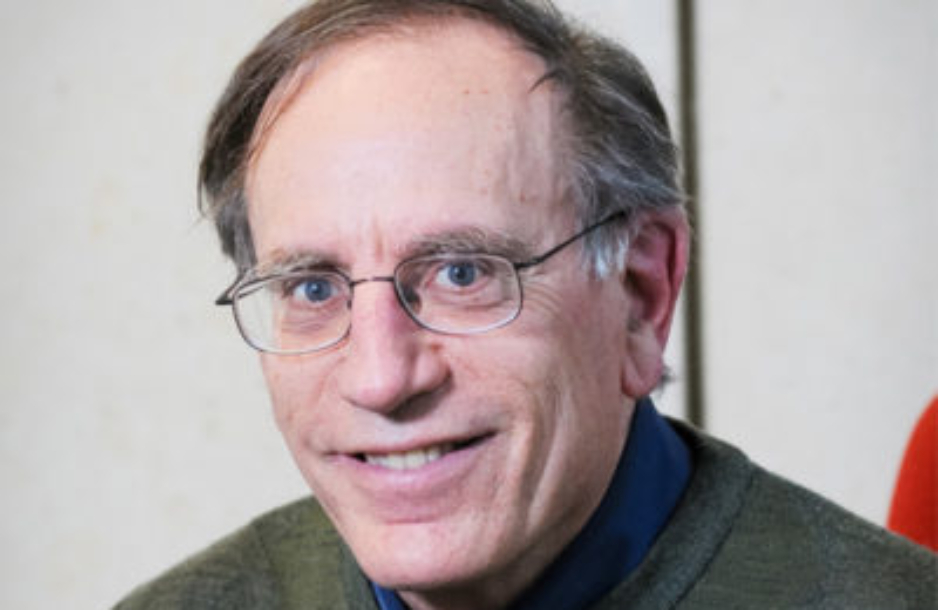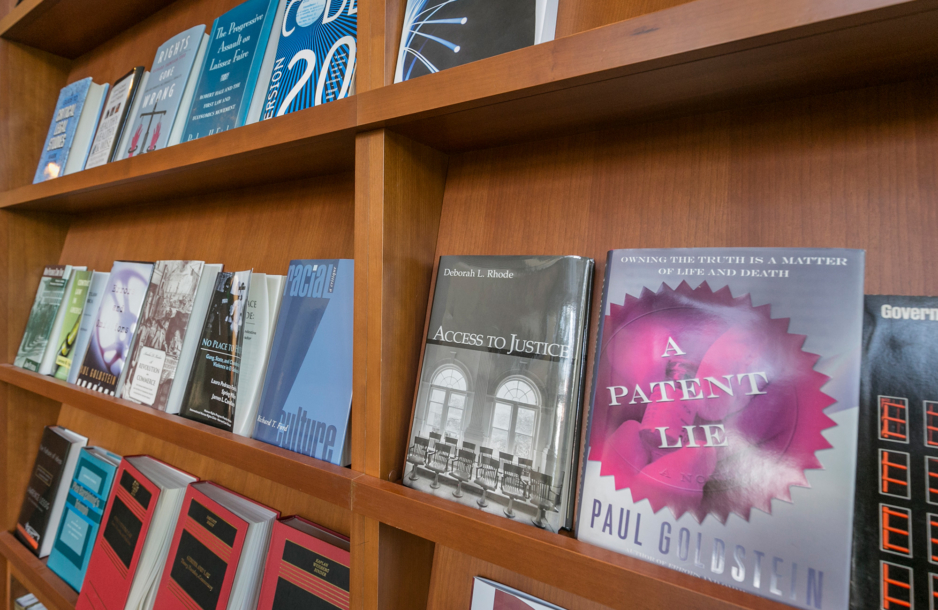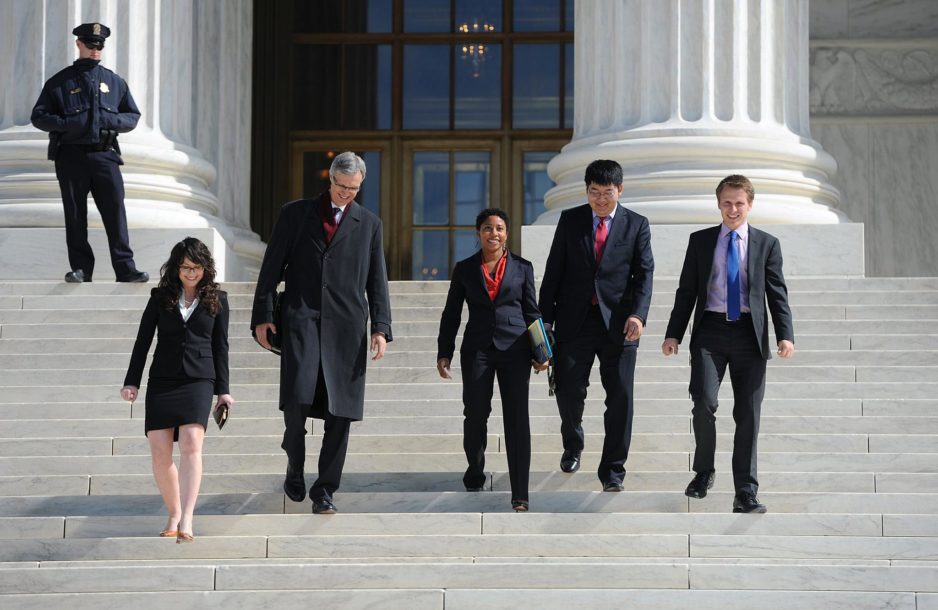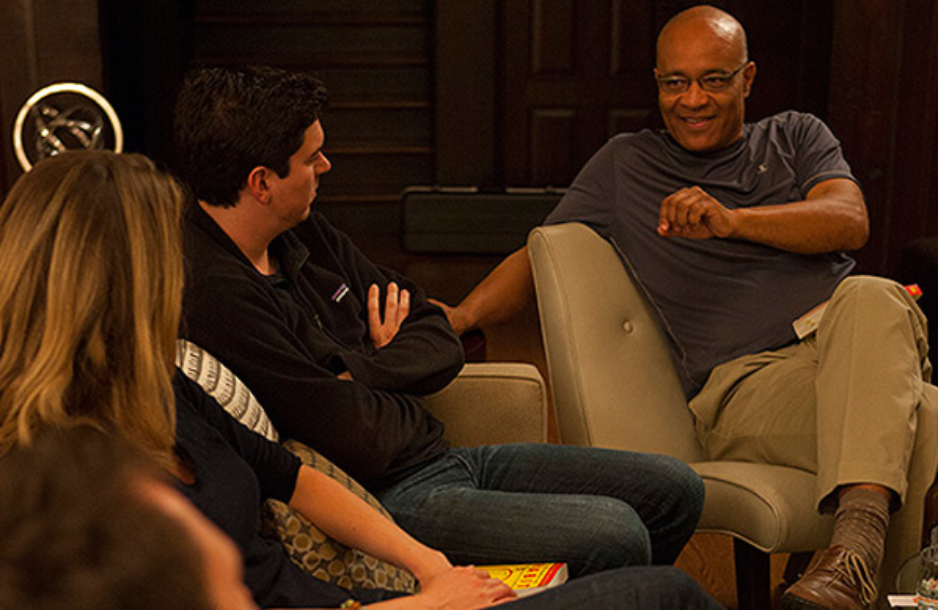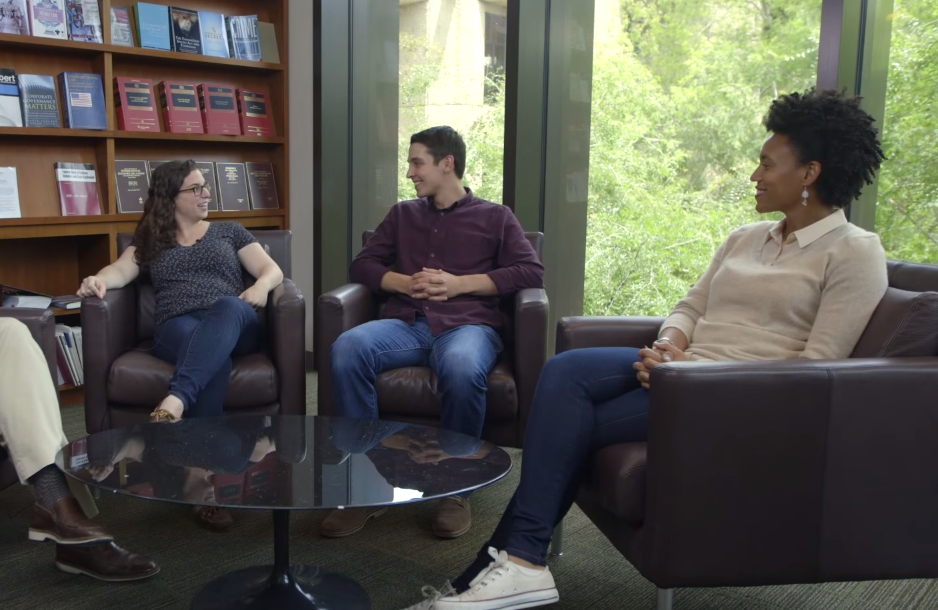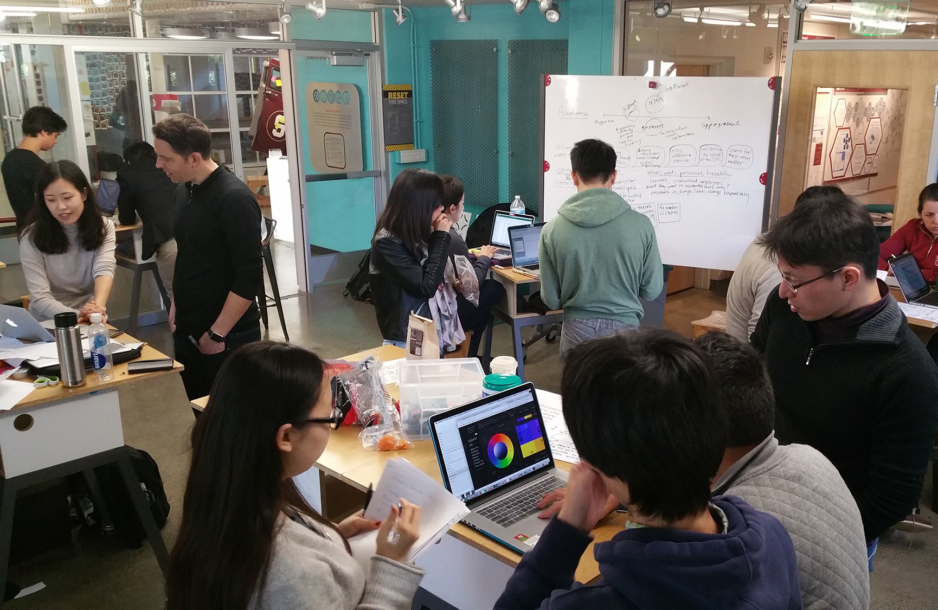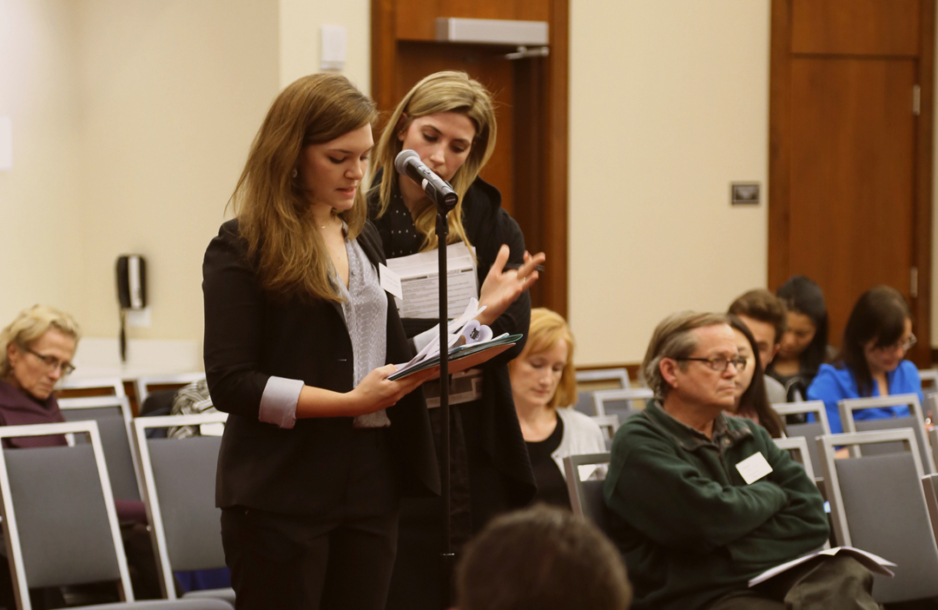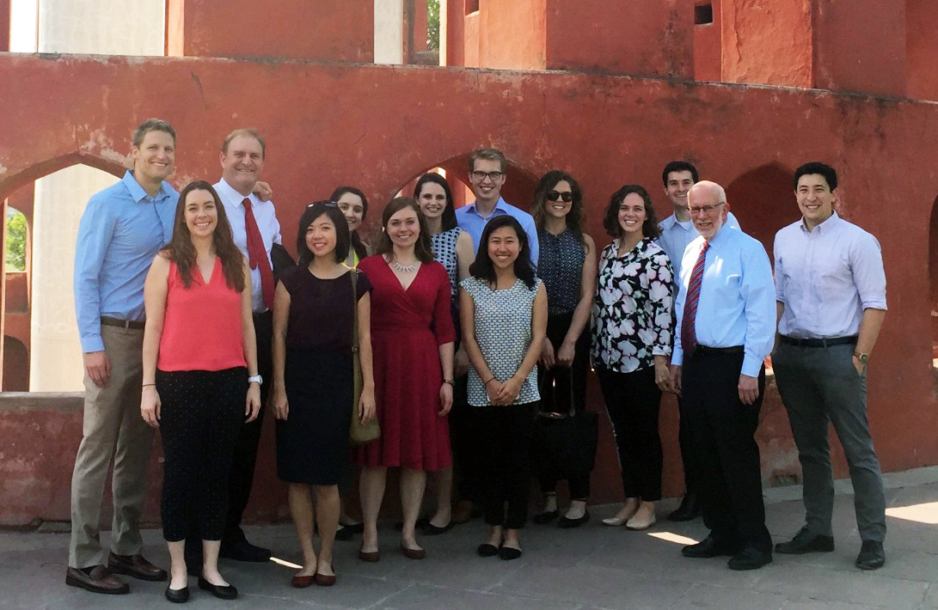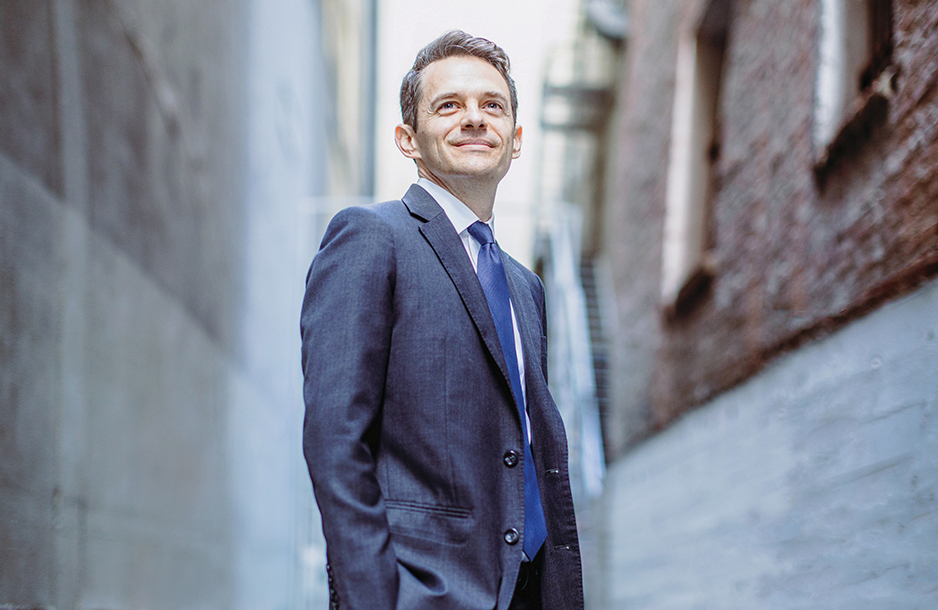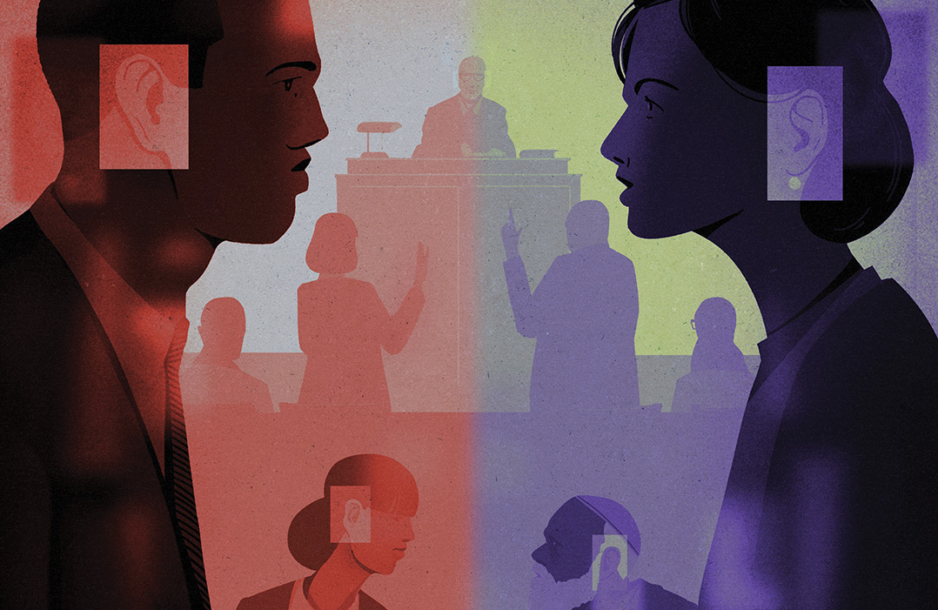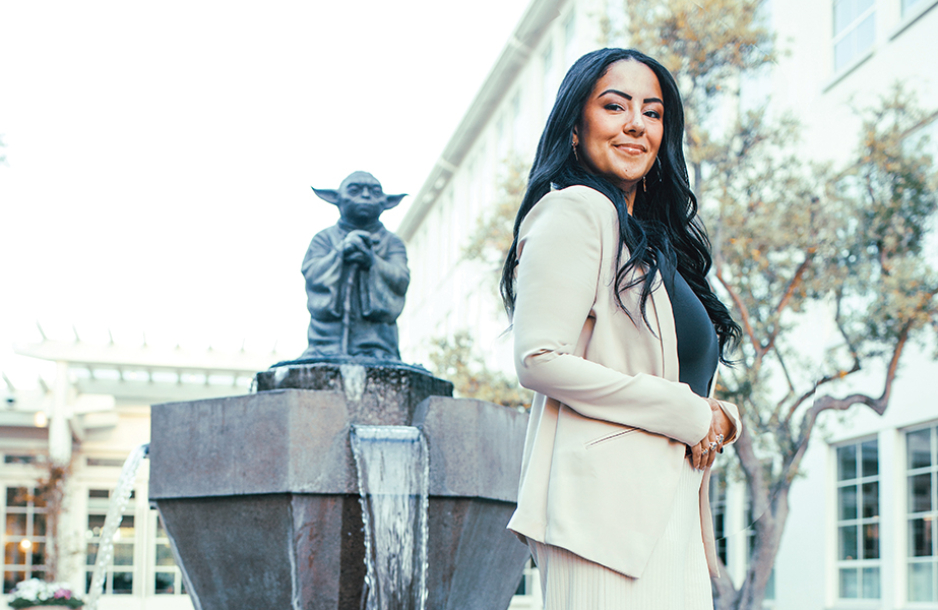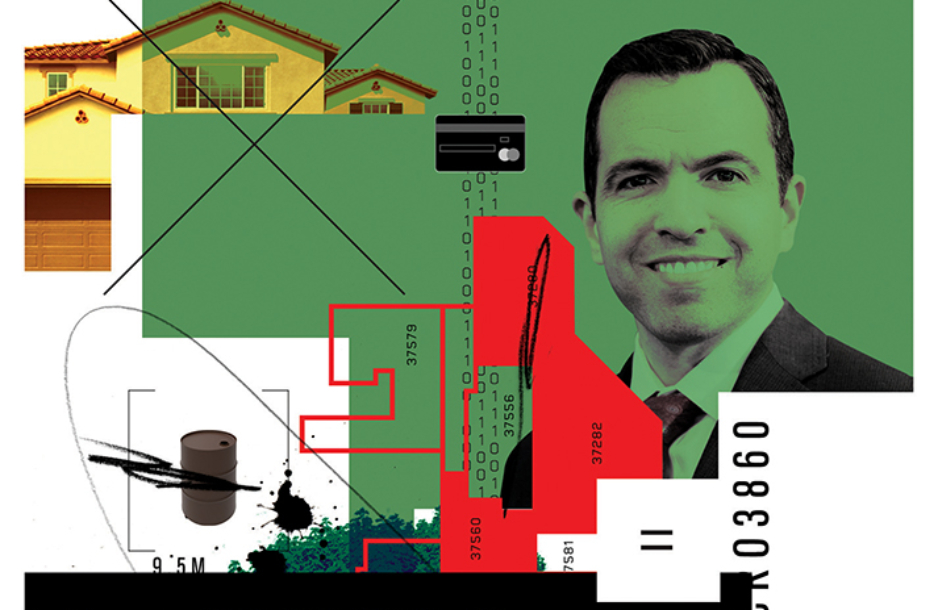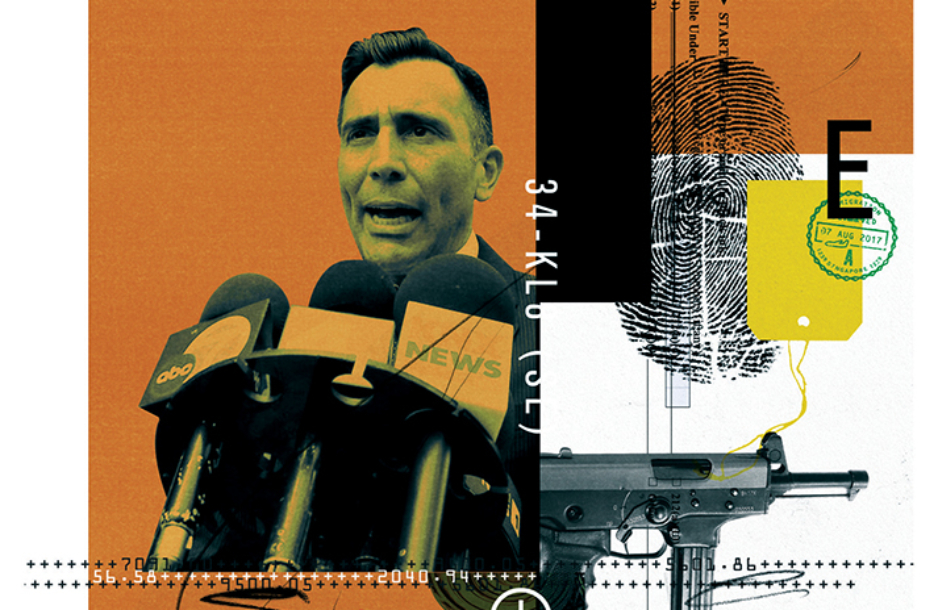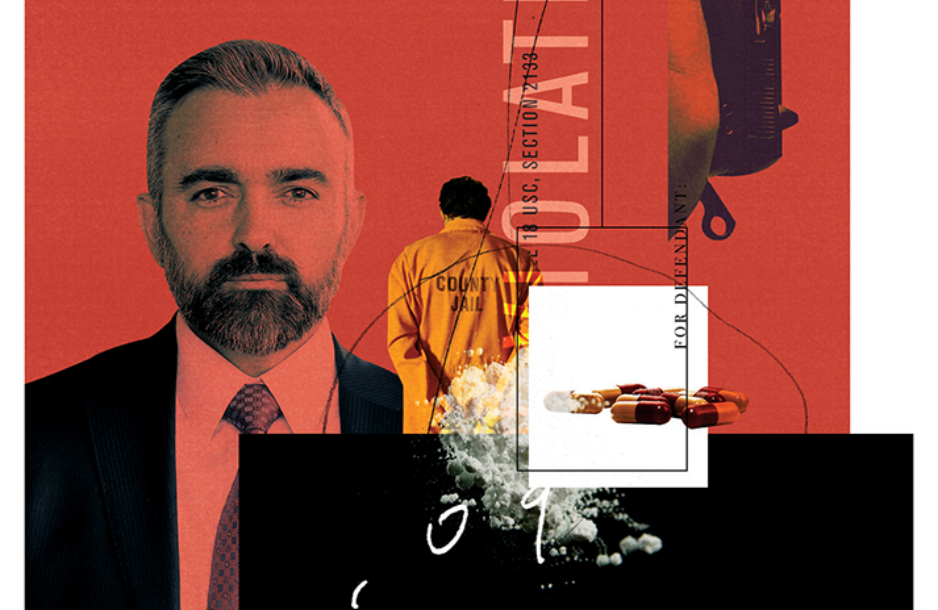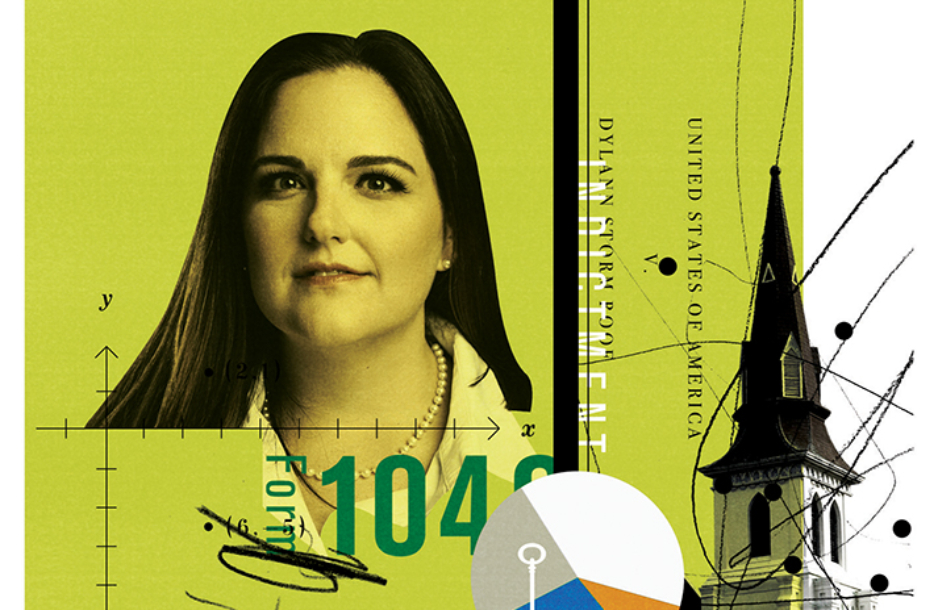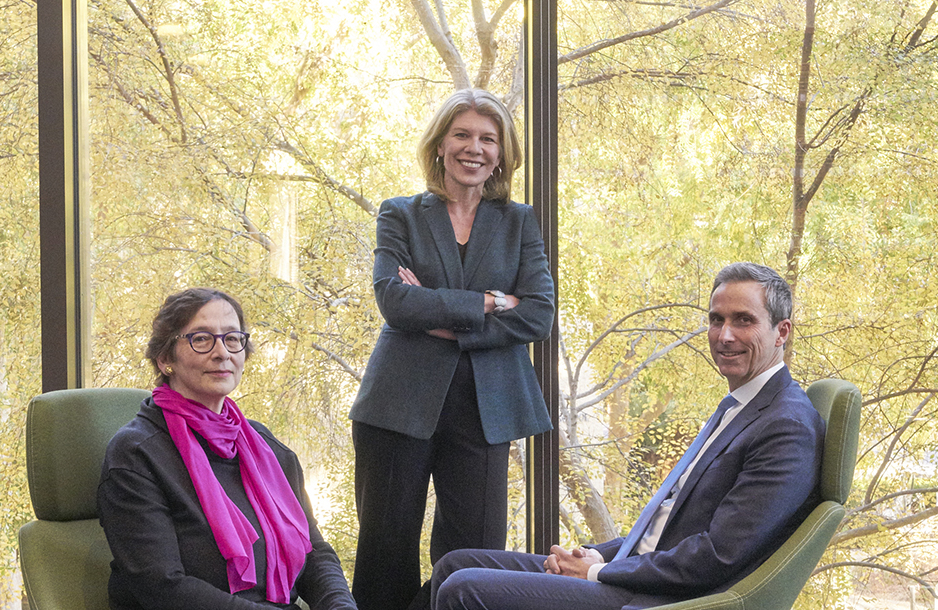
“Innovation” and “interdisciplinary” approaches are not brochure buzzwords for SLS, but galvanizing principles evident in the law school’s steadfast commitment to forging new frontiers.
Rayne Sullivan, JD ’23
I am a/an...
SLS Degree Programs
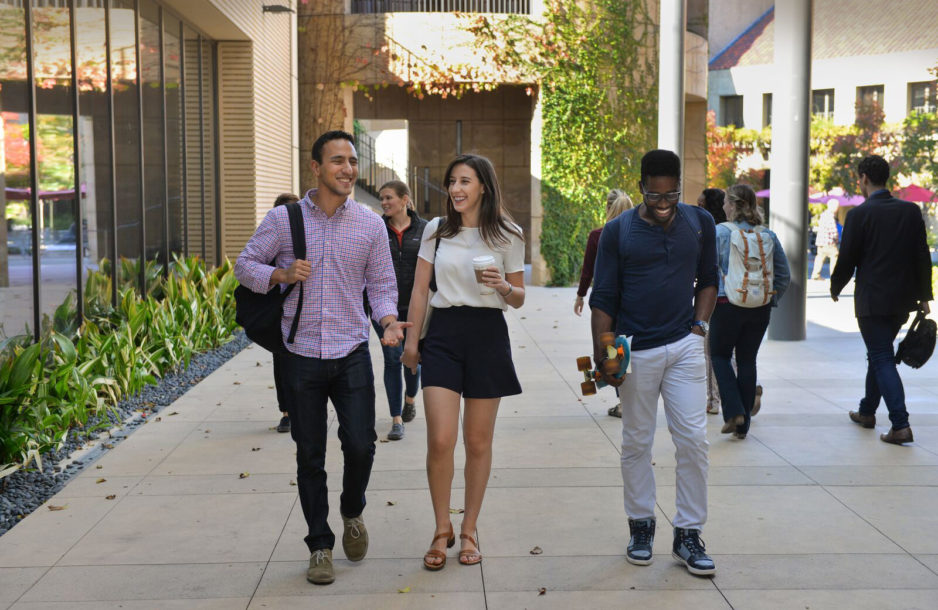
Join a diverse and inclusive community shaped by a commitment to the future.

Join a diverse and inclusive community shaped by a commitment to the future.
Learn more
A hallmark of Stanford University and a distinct strength of Stanford Law, where students can explore the many ways law intersects with other fields.
Learn more
One-year master's degree programs and a doctoral degree (JSD) for international graduate students who have earned a law degree outside the United States.
Learn moreIn Focus
Connect with Us
"Challenging criminal convictions or sentences as racially discriminatory is very difficult, due in part to the seemingly impossible standard set in 1987 by the U.S. Supreme Court in McCleskey v. Kemp. That decision established that a defendant must 'prove that the decisionmakers in his ...case acted with discriminatory purpose' and cannot rely solely on statistical studies showing discrimination broadly," said Hoang Pham, Associate Director and Manager of Education Design at the Stanford Center for Racial Justice, along with Amira Dehmani, BA, MA ’24, an intern at the Stanford Center for Racial Justice.
In a recent SLS blog post, Pham and Dehmani explained the California Racial Justice Act of 2020. Read more about the act and its implications at the link below.
https://stanford.io/44kMJbb
Robert Weisberg, JD ’79, the Edwin E. Huddleson, Jr. Professor of Law, was recently interviewed by Legal Aggregate regarding the recent overturning of the Harvey Weinstein New York conviction.
"Here, the majority concluded that the trial judge crossed the line and thereby denied ...Weinstein a fair trial. Also, because the judge admonished Weinstein that if he testified on his own behalf, he would be subject to cross examination on these uncharged acts, the court ruled that Weinstein was unfairly deterred from exercising his right to testify," said Weisberg, regarding the majority's opinion. Read more about the overturning at the link below.
Daniel Ho, the William Benjamin Scott and Luna M. Scott Professor of Law and the Regulation, Evaluation and the Governance Lab (RegLab) Director, has been elected to the American Academy of Arts and Sciences (AAAS). According to AAAS' website, the Academy was founded in 1780 "to help a ...young nation face its challenges through shared purpose, knowledge, and ideas."
Professor Ho is one of 250 members elected this year who "are being recognized for their excellence and invited to uphold the Academy’s mission of engaging across disciplines and divides." Congratulations on this huge accomplishment, Professor Ho!
https://stanford.io/4dfD5uv
Learn about the California Racial Justice Act of 2020 in a new blog post by the Stanford Center for Racial Justice.
Read more: https://stanford.io/49P4H6I

